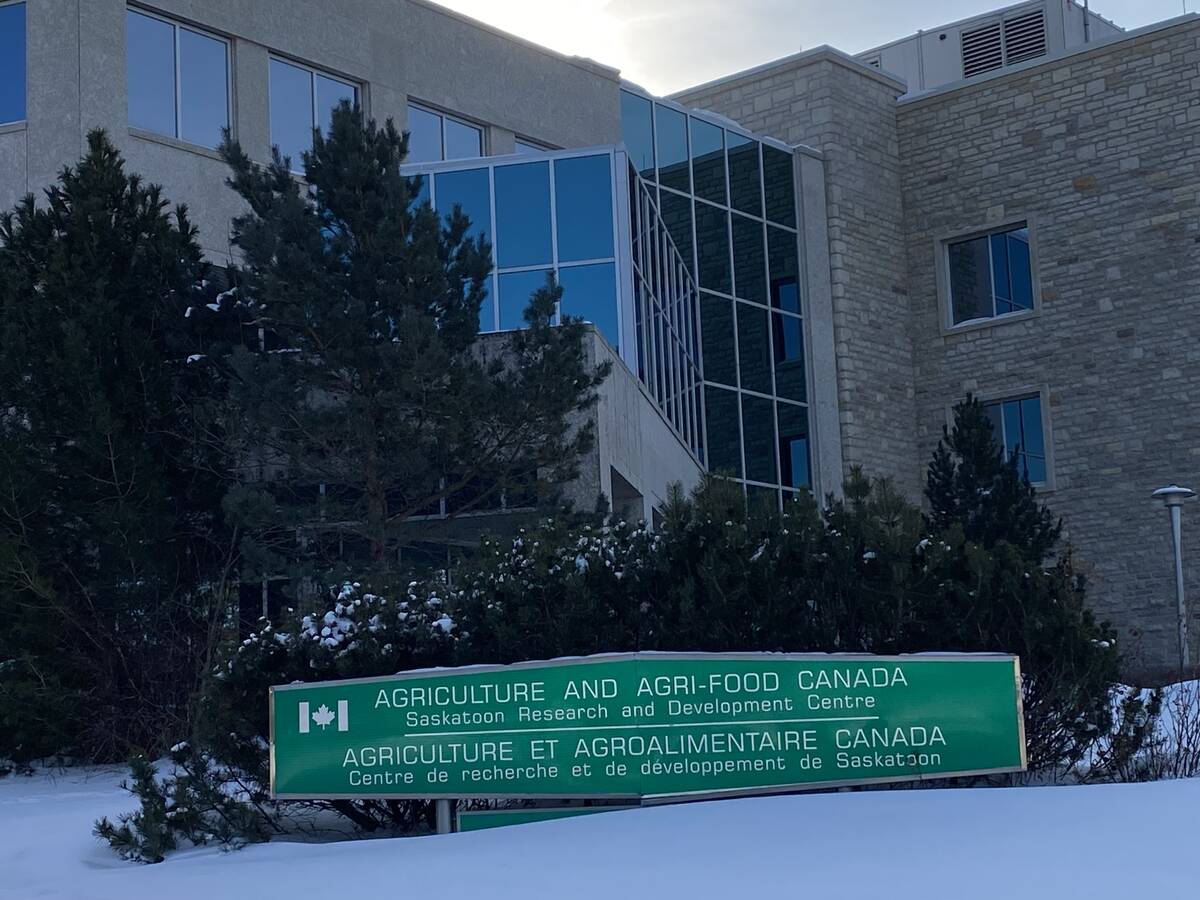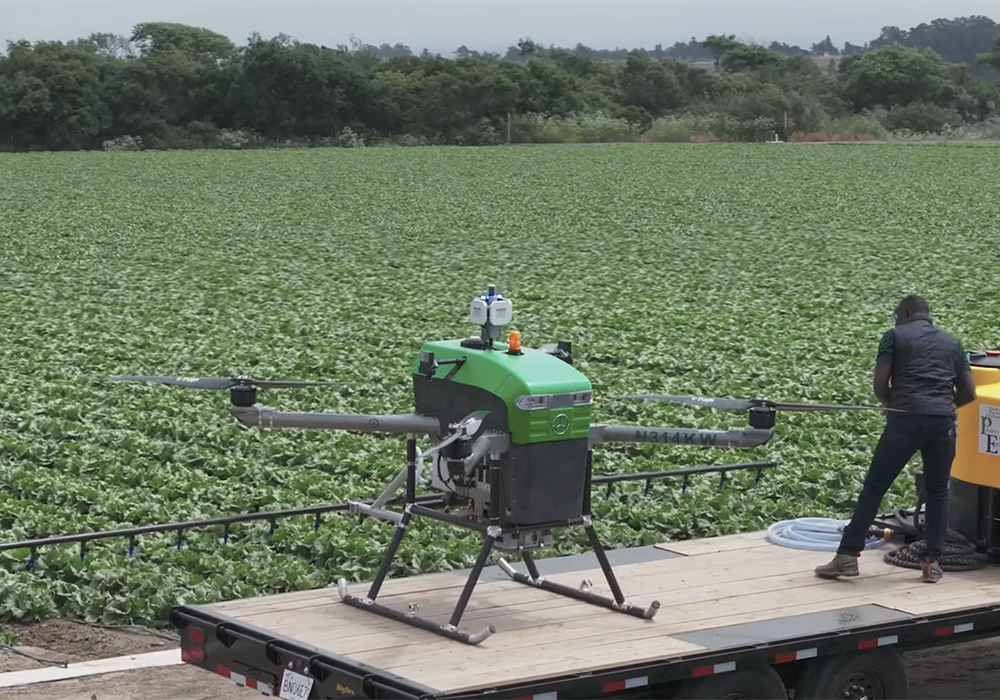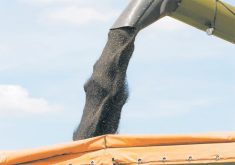Adam Bercu, founder and CEO of a company called Guardian Agriculture, has altered my opinion on the future of spray drones.
I recently met Bercu at a venture capital summit in the Silicon Valley, not far from San Francisco. He was a sponsor of the event and had one of his drones on display for everyone to see.
Every farmer who has attended a trade show in the past few years has seen drones, but not typically with the spray capacity of the U.S.-made Guardian. While most other spray drones might be useful for spot spraying in broad acre agriculture, this machine appears to have the capacity to replace aerial applications by plane and helicopter.
Read Also

Don’t undermine the backbone of agriculture
Agriculture Canada and the dedicated public servants who work every day to support Canadian agriculture are a crucial pillar of the sector and they need support — not austerity.
Spray drone technology is flourishing south of the border, where you can generally apply anything registered for aerial application. Not so in Canada, where nothing has been registered for drone application by the Pest Management Regulatory Agency. Without official registration, it’s not technically allowed.
The Guardian carries 20 gallons and can apply two to 20 gallons an acre. At the low rate, it can cover 40 or more acres an hour.
That isn’t much compared to a high clearance sprayer, but neither is the cost, which Bercu puts at about US$119,000. By the time you add the necessary tendering unit, you’re likely at $200,000 or more, but you could cover a lot of acres in a day with two or three drones.
Bercu says the average flight time is three minutes, with about one minute required to refill and recharge. Unlike Chinese built drones, recharging occurs without removing the battery, reducing wear and tear on all the component parts. The advanced technology allows recharging in the short time in which the refill occurs.
The company has a large backlog of orders, though units are still available for 2025 and 2026. To date, the main customers are agriculture retailers and custom applicators, but Bercu expects farmers will increasingly adopt the technology because of its many advantages.
Imagine times when it’s too wet for ground rigs, but a crop desperately needs a fungicide or insecticide application. Traditional aerial applicators aren’t able to keep up with demand, but your farm retailer has access to a spray drone. Or perhaps you have one of your own.
Getting a pilot’s licence is a major cost and time commitment. However, someone with a custom applicator licence in the U.S. can get the necessary training and certification to fly a spray drone in about a week.
It’s easy to see why the technology is booming in the U.S., but what about Canada? To date, farmers and farm organizations haven’t exactly been clamouring for the necessary product approvals. As well, crop protection companies haven’t been visibly pushing the envelope.
Is it safe to apply products by drone? Can products be just as effective as with conventional aerial application? In Canada, these seem to be unanswered questions, while south of the border it’s full steam ahead.
As a farmer with a modest acreage and an older, smaller high clearance sprayer, I have no aspirations to ever own a new, high-capacity machine. I had never previously imagined operating with a spray drone, but after visiting with Bercu at an event in the land of driverless cars, I’ve had a major opinion shift.
Spray drones are coming and it’s time for Canada to get its regulatory act together.
Kevin Hursh is an agricultural journalist, consultant and farmer. He can be reached by e-mail at kevin@hursh.ca.
















